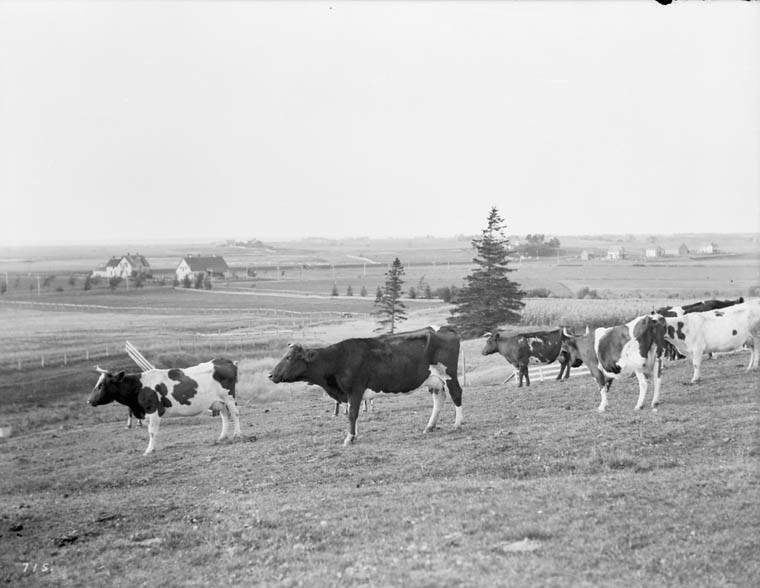Nearly every farm conference agenda these days contains one or more speakers talking about consumer attitudes to farming, food and the agricultural sector’s “social licence.”
The titles are often provocative, as in, “Will farmers be allowed to benefit from new technology?” or, “Don’t let your silence take away your licence to farm,” or, “Don’t let activists drive your combine,” and, “The good and bad of reaching out to the consumer.”
The presentations often offer very good advice to farm folks on how to communicate with passion and conviction about what they do for a living.
Read Also

Government silence loud on AAFC cuts
Canada’s federal government trumpets fiscal responsibility; their silence on a day of massive Agriculture and Agri-Food Canada cuts was baffling at best.
But in many cases, they also miss the point by perpetuating the notion that deconstructing the criticisms and discrediting the critics will win the day.
Restoring the public’s trust is a much more complex process than can be achieved by exchanging blogs and tweets through social media. It is about much more than a communications exercise.
In some ways, it is encouraging to know this generation of food producers isn’t the first to struggle with contradictory messages around diet, food and agriculture. Farmers attending the recent KAP annual meeting heard from Alan Levinovitz, an author and scholar of Chinese religion, who said that these debates have been going on for thousands of years.
However, it could be argued that stakes today are higher than ever before for an agricultural sector dependent on exports and an agricultural community increasingly more distanced from the consuming public.
Consider this statement from a newly released report from the Canadian Agri-Food Policy Institute:
“How we cultivate trust may very well be the key to future competitiveness. Securing trust requires greater transparency about food practices and their impacts, as well as credible national metrics that measure and demonstrate performance.
“This is the route to attain the sector’s ‘social licence’ to operate, express Canada’s food brand, and improve productivity across the food system.”
In other words, all the declarations, PR campaigns, arguments and counter-arguments in the world won’t convince a skeptical public of agriculture’s trustworthiness.
Agriculture’s commitment to nutritional and environmental quality must be demonstrated through transparent practices and measurable benchmarks that give consumers the ability to judge for themselves. “The view emerged that consumers should confer such a label rather than see the sector or government declare it so,” the report says.
This is a problem for modern agriculture, which has become increasingly cloistered within biosecurity, intellectual property rights and its aversion to labelling.
GMO labelling is a case in point. The same industry is perfectly willing to label products as “gluten free” or “trans fat free,” even if those foods never contained them in the first place, has argued it would be too costly to tell consumers it sources ingredients that include GMO crops.
It didn’t matter that foods containing GMOs are, for all intents and purposes, the same as those that don’t. What mattered was the lack of transparency, which played right into the anti-GMO campaign’s strategy.
The CAPI process is an attempt to get the food and agriculture industry in Canada thinking proactively about how to position itself for the future, using trust as its beacon.
“It is in Canada’s best interest — both economically and for the well-being of its citizens — to see that the country’s agri-food system delivers a strategy to enhance and retain trust.
“This goal requires a new spirit of collaboration, one that includes a dramatic change in how scientists, policy-makers and industry collaborate and tackle innovation priorities.”
The report identifies four challenges, starting with achieving that all-important social licence through transparency.
Secondly, it says Canada must look for ways to leverage its natural advantages into global competitiveness — which may require rethinking how subsidies are used. While well-intended, subsidies have unintended consequences such as overproduction, suppression of crop prices, intensifying animal diseases, resource depletion, pollution and climate change. Those consequences are not factored into the costs of these programs.
The report calls out Canada’s complacency about adding value, noting it is seemingly content to remain a commodity supplier. It is also seen as a laggard in investing in innovation or being proactive on important issues such as establishing trade rules.
And the sector is fragmented, “with each part narrowly defining what is in the ‘national interest,’ undermining the potential leverage required to attract greater support on important issues.”
CAPI has issued a call to action. Will anyone answer?















